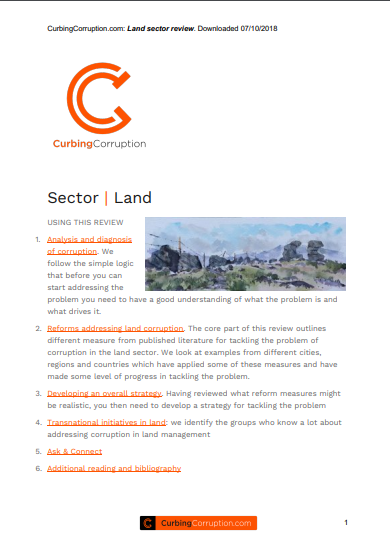Mainstreaming gender in Tanzania’s local land governance
Despite progressive provisions on gender equality in Tanzania’s land laws, women have little representation in land allocation decisions. Mainstreaming gender in local regulations can help address this problem. The Tanzania Women Lawyers Association, in partnership with the World Resources Institute and Lawyers’ Environmental Action Team, developed model by-laws to improve women’s participation in local-level decision-making on village land management. This took place in Kidugalo and Vilabwa villages in Kisarawe district.







